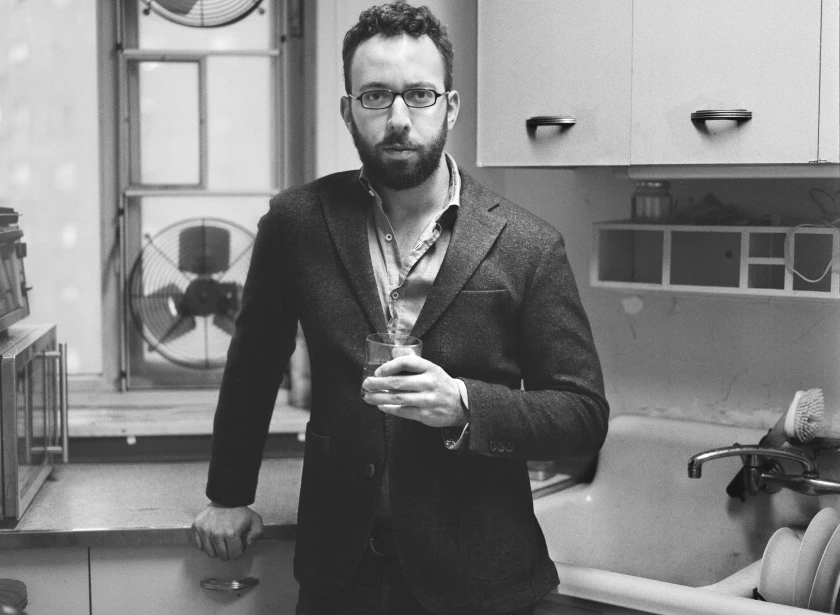Teddy Wayne’s latest novel, Taxi Driver as told by Noah Baumbach, is scalding, uneasily comic, and full of pathos.
THE GREAT MAN THEORY
by Teddy Wayne
Bloomsbury, August 2022
(via Sterling Lord Literistic)

But then Paul’s tenuous grasp on a good life slips further, and the reader begins descent along with Paul. As his fortunes disintegrate, and as he tallies up grievances in the face of one pointedly contemporary humiliation after another, his focus on a notorious right-wing TV propogandist intensifies. In this deviously popular commentator’s bogus proclamations he sees the malignant influence that forms the core of our warped cultural standards.
Seeing his own prospects fade then vanish, Paul is determined to make a final stand that will, in his addled projections, somehow redeem and enlarge his small life: he will dramatize and make indelibly public the private injustices he has withstood. And he wishes to do so on this popular TV propagandist’s show.
In his fifth and most stylistically mature and provocative novel, Teddy Wayne has written a tightly wound, variously scathing, relentlessly absorbing social story about a form of desperation and exasperation-fueled radicalization (from the Left). With flare and layers of thwarted empathy, Teddy offers up a decidedly modern anti-hero who deserves an immediate, dubious place in the canon of disappointing maleness.
Teddy Wayne is the author of Loner, The Love Song of Jonny Valentine, and Kapitoil. He is the winner of a Whiting Writers’ Award and an NEA Creative Writing Fellowship as well as a finalist for the Young Lions Fiction Award, the PEN/Bingham Prize, and the Dayton Literary Peace Prize. He is a regular contributor to the New Yorker, the New York Times, and McSweeney’s.

